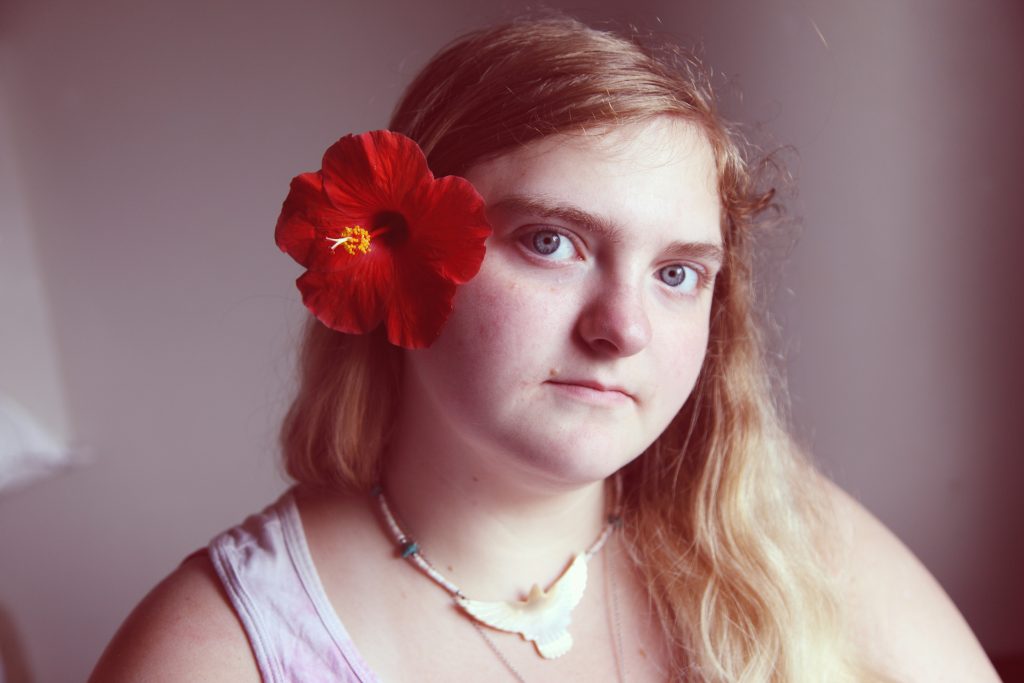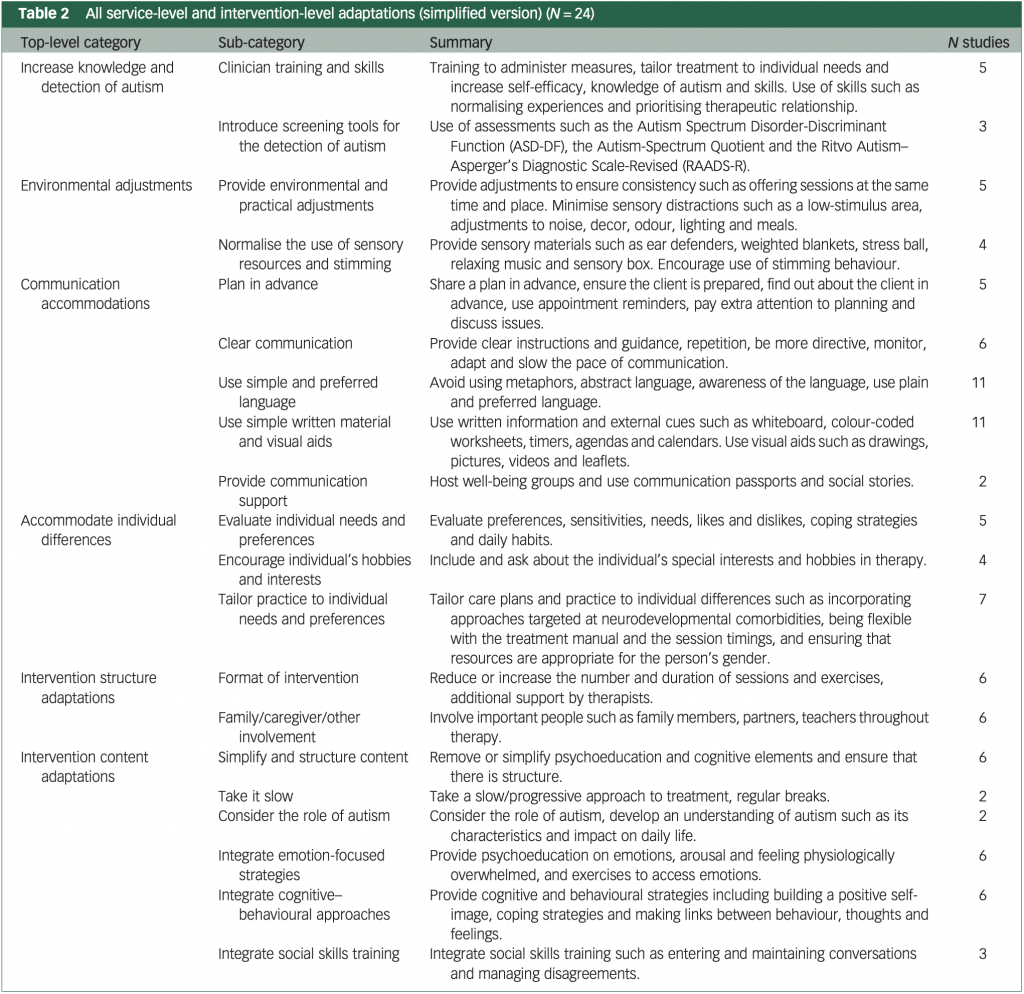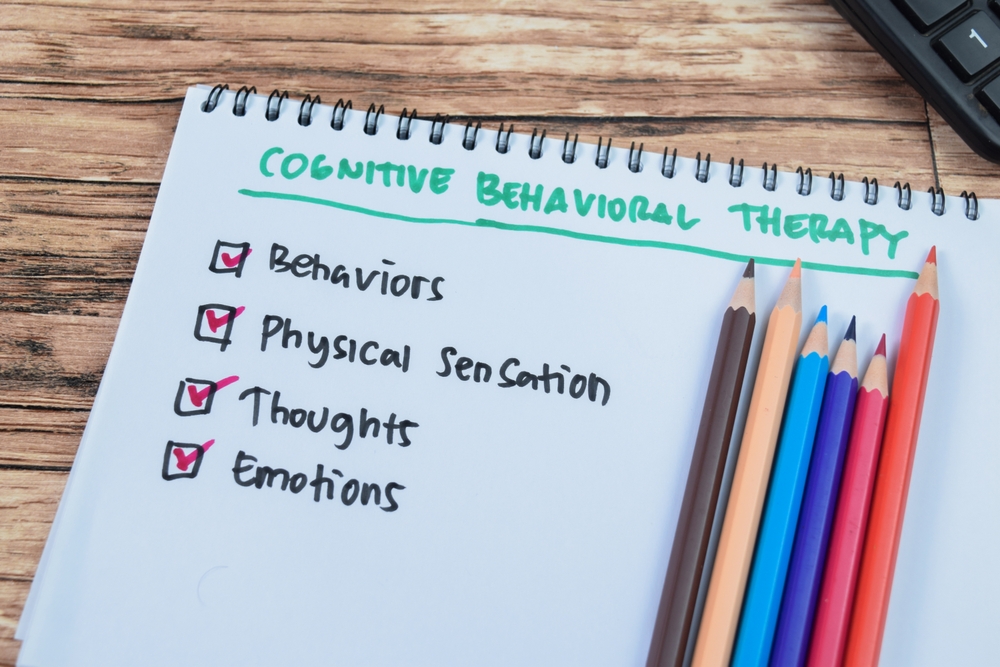Think about feeling overwhelmed in a world not constructed for you. For a lot of autistic people, it is a day by day actuality, particularly relating to psychological well being.
Autism is a lifelong developmental incapacity affecting communication and interplay. Autistic folks could discover it tougher to grasp others’ ideas and emotions, or could really feel overwhelmed by vibrant lights or loud noises (Nationwide Well being Service, 2022). Over 1 in 100 persons are on the autism spectrum, with round 700,000 autistic adults and kids within the UK. (Nationwide Autistic Society, n.d.).
Autistic persons are extra prone to expertise psychological well being difficulties than the final inhabitants (Lai et al., 2019). But accessing efficient care is difficult. UK tips advocate recognising and treating co-occurring situations like anxiousness or despair, however many autistic people face obstacles comparable to lengthy ready occasions and providers not tailored to their wants.
Addressing these challenges is crucial. Researchers carried out a complete assessment to uncover methods for bettering psychological well being take care of autistic people (Loizou et al., 2024), specializing in three key questions:
What methods are getting used to enhance take care of autistic folks?
Are these methods acceptable and possible for autistic people?
Are these methods efficient in bettering psychological well being outcomes?

Psychological well being care isn’t constructed for everybody—autistic people face distinctive obstacles to assist, regardless of being at increased threat for psychological well being difficulties.
Strategies
The authors searched Medline, PsycINFO, CINAHL, medRxiv, and PsyArXiv for research from January 1994 to July 2022. Additionally they reviewed reference lists of related systematic opinions and consulted consultants for added papers.
The authors included papers that adopted sure standards comparable to individuals with recognized or suspected autism, and clinicians and carers offering views on psychological well being interventions for autistic people.
Outcomes included feasibility, care acceptability, psychological well being measures, and high quality of life. All examine designs and repair evaluations have been included for the primary two analysis questions (above), however solely empirical quantitative research have been included for the third. Research choice was carried out utilizing Rayyan software program, and full-text screening was performed in accordance with the Cochrane tips (Higgins & Thomas, 2019).
High quality was assessed with the Blended Strategies Appraisal Software, and outcomes have been introduced through narrative synthesis.
Outcomes
Research traits
The 30 included research included 5 randomised managed trials (RCTs) or pilot RCTs, three non-RCTs, three qualitative research, one cross-sectional examine, 4 surveys, 4 service evaluations, and ten before-after comparability research. Two of the research have been from the identical trial.
The general high quality of the included research was usually excessive. Sixteen research have been of top quality (i.e., low threat of bias), seven have been of reasonable high quality, and 7 have been of low high quality.
Predominant findings
Psychological well being remedies for autistic folks, usually based mostly on Cognitive Behavioural Remedy (CBT), are being tailored to deal with anxiousness, despair, and obsessive-compulsive dysfunction. Changes embrace bettering communication, modifying therapy content material and construction, and personalising approaches.
Psychological well being providers are additionally adapting by bettering communication for autistic folks, aiding clinicians in understanding and figuring out autism, and creating extra comfy environments.
Many adjustments align with autistic adults’ preferences, comparable to clearer communication, better-trained professionals, and extra versatile areas. Whereas communication enhancements are frequent, environmental changes are much less frequent, indicating room for additional enhancement in psychological well being take care of autistic people.
A full checklist of diversifications is introduced in desk 2 within the open entry assessment, which is reproduced beneath.

Desk 2: All service-level and intervention-level diversifications (simplified model) (N = 24). [Click to view full-sized figure]
Tailored Cognitive Behavioural Remedy
CBT is among the mostly used therapies for psychological well being situations, however customary CBT usually falls quick for autistic folks. This assessment highlighted diversifications like:
Utilizing plain, direct language and avoiding metaphors.
Incorporating visible aids and written directions.
Permitting extra time for classes or breaking them into smaller elements.
These diversifications have been well-received by autistic individuals, who discovered them useful and sensible. Therapists famous the modifications have been straightforward to implement, making tailored CBT promising. Most interventions, together with tailored CBT and bespoke therapies, have been acceptable to autistic people and possible for therapists. Optimistic suggestions centered on clear communication, sensory lodging, and tailor-made pacing of classes.
Is that this efficient?
Outcomes have been much less conclusive. Some research confirmed enhancements in anxiousness and despair, however proof was inadequate for definitive conclusions. No trials in contrast tailored and non-adapted interventions, highlighting the necessity for extra sturdy trials to substantiate higher outcomes.
Adapting therapies for autistic people can improve inclusivity and accessibility in psychological well being care. Nevertheless, challenges stay, comparable to an absence of numerous populations in research (e.g., ethnic minorities and mental disabilities). Addressing these gaps is essential to make sure inclusivity for all.
Psychological well being care must be a security web, not a hurdle. For autistic people, entry to understanding and respectful care might be life-changing. This assessment exhibits progress, but additionally highlights the necessity for continued efforts.
As a society, we should push for inclusive, efficient, and compassionate providers. Small adjustments could make a giant distinction. Collectively, we might help autistic people thrive.

This assessment means that tailored CBT, utilizing clear language, visible aids, and versatile pacing, was well-received by autistic people.
Conclusions
General, this assessment highlights the acceptability of many autism-adapted service/interventions, at service and particular person ranges, that enhance autistic particular person’s psychological well being care. The findings of this assessment counsel that proof on effectiveness was inconclusive however seems initially promising.
To reinforce analysis, we’d like bigger samples and management teams, a co-produced psychological well being service enchancment bundle and neurodivergence-informed approaches.

Adapting psychological well being therapies, like making CBT clearer and extra versatile, can enhance take care of autistic people, however extra analysis is required to substantiate the effectiveness.
Strengths and limitations
That is the primary systematic assessment to the authors’ information that examines all makes an attempt to enhance psychological well being take care of autistic people. The interventions studied have been utilized inside real-world providers, enhancing their relevance. The assessment lined a number of ranges—service, intervention, and particular person—providing a broad perspective on autism-adapted care. It additionally addressed numerous psychological well being situations, making the findings broadly relevant. Notably, two-thirds of the included research have been of reasonable to prime quality, reinforcing the reliability of the conclusions.
Nevertheless, bias was a key concern. Many research had low participation charges and lacked variety, with most individuals being white males. Choice bias could have been launched as a result of novel inhabitants evaluation methodology, and affirmation bias was a chance given the involvement of lived-experience researchers all through the assessment course of. Whereas efforts have been made to mitigate publication bias, it stays a limitation as research related to this assessment could not have been printed, regardless of efforts to conduct a complete search. This might have influenced the findings by limiting the accessible proof. Moreover, solely 10% of preliminary title/summary screenings underwent twin impartial assessment, and the exclusion of qualitative measures could have neglected vital insights.
Confounding was one other subject, as most research have been non-RCTs, making it tough to rule out different influencing components. Small pattern sizes additional elevated the chance of probability findings, and the excessive heterogeneity throughout research made meta-analysis unfeasible.

This assessment offers the primary complete take a look at autism-adapted psychological well being care, however limitations like bias, small pattern sizes, and examine variety gaps stay.
Implications for apply
A key energy of this assessment was the involvement of lived-experience researchers, highlighting the significance of co-production in psychological well being service growth. Easy changes, comparable to clearer communication and environmental modifications, might be simply applied with out additional RCTs. Involving autistic therapists might additional improve providers, as autistic professionals deliver distinctive insights into supporting autistic purchasers, fostering better understanding and belief.
Personalised approaches are important, as autistic people could not reply to straightforward remedies in the identical means as non-autistic folks. A neurodivergence-informed method might help stability individualised therapy with evidence-based practices. Future analysis and repair enhancements must also give attention to underrepresented teams, together with autistic folks with mental disabilities, long-term psychological well being difficulties, and people from ethnic minority backgrounds.
There’s additionally a necessity for extra bespoke interventions tailor-made to autistic people’ distinctive challenges. Continued analysis, advocacy, and co-produced options are key to making sure extra accessible and efficient psychological well being care.

Co-producing psychological well being providers with autistic people can drive significant change as easy changes and neurodivergence-informed care can enhance accessibility and outcomes.
Assertion of pursuits
No conflicts of curiosity to declare.
Contributors
Due to the UCL Psychological Well being MSc college students who wrote this weblog from scholar group 6: Yihong (Sherry) Cao, Isadora Miranda Gonzalez, Kalie Shun Yee Chan and Qanita Fatima. Hannah Grey (Research Group Co-Lead) offered suggestions and supported the scholar group to deliver their weblog to life.
UCL MSc in Psychological Well being Research
This weblog has been written by a bunch of scholars on the Scientific Psychological Well being Sciences MSc at College School London. A full checklist of blogs by UCL MSc college students might be discovered right here.
We frequently publish blogs written by particular person college students or teams of scholars learning at universities that subscribe to the Nationwide Elf Service. Contact us in case you’d like to search out out extra about how this might work to your college.
Hyperlinks
Major paper
Loizou, S., Pemovska, T., Stefanidou, T., Foye, U., Cooper, R., Kular, A., Greenburgh, A., Baldwin, H., Griffiths, J., Saunders, Ok.R., Barnett, P., Minchin, M., Brady, G., Ahmed, N., Parker, J., Chipp, B., Olive, R. R., Jackson, R., Timmerman, A., Sapiets, S., Driskell, E., Parsons, B., Spain, D., Totsika, V., Mandy, W., Pender, R., Clery, P., Trevillion, Ok., Lloyd-Evans, B., Simpson, A, & Johnson, S. (2024). Approaches to bettering psychological healthcare for autistic folks: systematic assessment. BJPsych open, 10(4), e128.
Different references
Higgins, J. P. T., Thomas, J., Chandler, J., Cumpston, M., Li, T., Web page, M. J., & Welch, V. A. (2019). Cochrane Handbook for Systematic Critiques of Interventions (Second version). Wiley.
Lai, M. C., Kassee, C., Besney, R., Bonato, S., Hull, L., Mandy, W., Szatmari, P., & Ameis, S. H. (2019). Prevalence of co-occurring psychological well being diagnoses within the autism inhabitants: a scientific assessment and meta-analysis. The Lancet Psychiatry, 6(10), 819-829.
Nationwide Autistic Society.(n.d.). What’s autism?
NHS. (2022, September 9). What’s autism?
Photograph credit
Source link



